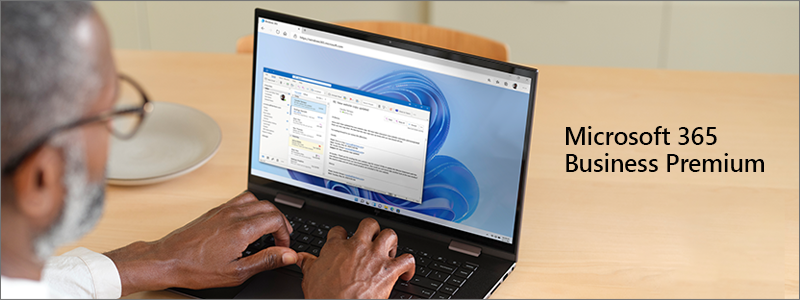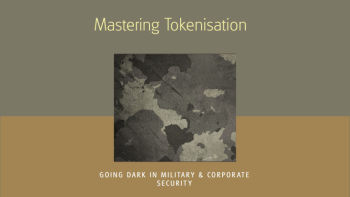CYBER SECURITY: Twitter Hack exposes massive cyber security flaw that affects us all. Is your company safe?
GEÓ NewsTeam 4 years agoThe practice of doing this is actually relatively simple and cost effective. There is a lot to be gained from a staged approach:Stage 1. Assigning responsibility and authority. The most important thing to consider is that cyber security shouldn’t be put in the hands of a single department. It should be seen as a company wide initiative and given the recognition of importance that it deserves. Select a department, individual or team that has connections across the organisation and give them the authority to implement team training and awareness and incentivise people to buy into the initiative. Stage 2. Assess buy-in. Keep tabs on the progress and ensure that everyone in the organisation has a cyber security mindset. For example, check that your finance people have checked your cyber security cover in your insurance policy. Your company might even save on the premiums by demonstrating your preventative measures. Equally your HR department should update your social media and use of email guidelines and they should build the training into the development plans of your employees. Stage 3. Attack your own defences: Start running real time cyber attack simulations across your network. This will show your greatest areas of weakness and give your IT people solid signposts on technical vulnerabilities and also give you priorities for staff training. Stage 4. Train: Implement training and ensure that it is done across the organisation both horizontally and vertically. If you are a global organisation look for training that comes in native languages – avoid machine translations. Your C-suite should be trained in the same way the most junior person is trained. Cyber criminals don’t care who they target so everyone who is on your network is a potential target. Stage 5. Communicate, reward, motivate. Make sure that you talk about what you are doing. Share success and tell employees about how you are keeping them and the company safe. What they learn at work they can benefit from at home. Reward people who are cyber heroes. This will in turn motivate others and keeping cyber security on the agenda will make sure that, as employees come and go, your culture will remain. Stage 6. Review and measure. It is good to have clear KPIs when you start. Make sure you keep reports on where your weakest points are in your organisation – it may be a department where you get a lot of temporary workers – and put together measures to eradicate those weaknesses. These steps give you the foundations to building a great cyber security culture within your organisation. The key is to run them on loop. Keeping your people up to date and trained makes them your most valuable custodians of your company’s network. Technical solutions can be massively costly and that can often swallow a lot of the budget (and attention) when it comes to cyber security. However, implementing a program like this can be surprisingly cost effective and ultimately invaluable. The human touch works both ways: it can bring you down or it can be the best defence. It’s your decision. About Stephen Burke Founded Cyber Risk Aware in 2016, having consistently found during his time as a CISO or as a Security Consultant, that most if not all security incidents are caused by human error at all levels in an organisation, no matter how good the technical defences were. Having looked at what security awareness training and assessment was available on the market, he decided to take the plunge, and look to make a genuine difference and help companies and users at home from being victims of cyber crime. About CyberRiskAware Operating out of London, Dublin, Manchester and Donegal, Cyber Risk Aware is the only company in the world to offer real time cyber security awareness training. Founded in 2016 by CEO Stephen Burke, its platform leads the industry helping companies worldwide assess the level of human cyber risk in their business, by running simulated phishing attacks and cyber knowledge assessments to see where the risks lie in their business (user, department, office, country).
Author
-

Broadcasting Daily from Gibraltar Newsroom our dedicated desk editors and newsdesk team of Professional Journalists and Staff Writers work hand in hand with our established network of highly respected Correspondents & regional/sector specialist Analysts strategically located around the Globe (HUMINT) Our individual Desk Editors all have specific subject authority as Journalists, Researchers and Analysts covering AI, Autonomous Transport, Banking & Finance Technology, Cybersecurity, GeoCrime, Defence 3.0, Energy & Renewables, BioEconomy and Transport & Logistics. Contact the NewsTeam at [email protected]
View all posts








